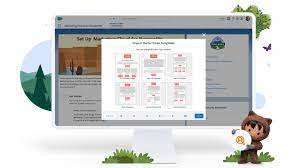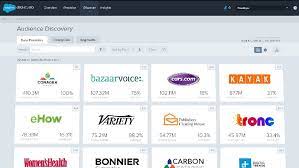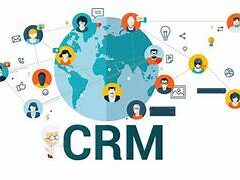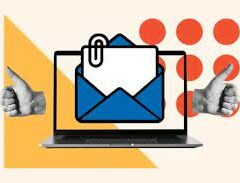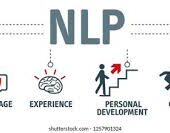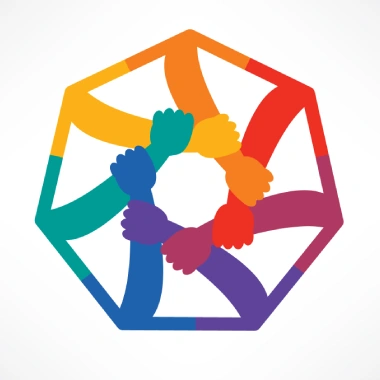
by Tectonic’s Marketing Consultant, Shannan Hearne
I want to help you unlock the potential of email marketing for nonprofits with its myriad benefits, offering an effective avenue to engage supporters, boost donations, and showcase your organization’s impact on its mission. This insight is all about the significance of email marketing, essential strategies for success, various email types, and key performance indicators (KPIs) to gauge success.
Email marketing remains an efficient and cost-effective means of connecting with supporters compared to traditional direct mail. It provides a unique channel for impactful communication, offering diverse benefits beyond its analog counterpart. You can have maximum reach for minimum investment, guaranteeing a great ROI.

One advantage of nonprofit email marketing is the wealth of accessible data and its availability in you Salesforce for Nonprofits instance. Harnessing this data allows swift decision-making and optimization of live campaigns. Leveraging this information facilitates the creation of relevant and engaging content, resulting in a personalized experience that strengthens the bond between supporters and your organization.
Strategies for Nonprofit Email Marketing:
- Campaign Planning:
- Align major moments in your calendar with planned campaigns.
- Develop a comprehensive plan to synchronize your campaigns with key dates.
- Preparing for Measurement:
- Define and track campaigns to measure email marketing success.
- Track associated assets like emails and donation forms for effective campaign assessment.
- Deliverability:
- Ensure emails reach supporters’ inboxes by maintaining high deliverability.
- Mitigate spam flags by crafting thoughtful, personalized, and clear content.
- Data Integrity:
- Deduplicate and ensure accuracy of email addresses for a seamless supporter experience.
- Uphold data integrity to build trust and ensure messages reach the intended recipients.
- Email Content:
- Showcase your organization’s strengths and interests to engage supporters.
- Craft brief, focused emails with clear calls to action, incorporating visuals for impact.
- Personalization:
- Tailor content based on supporter preferences using available data.
- Address the lack of personalization highlighted by supporters in surveys.
- Information:
While recipients know you need money, don’t start every message with an ask. Share information about staff, accomplishments, wins, and other good news.
Types of Emails for Nonprofits to Send:
- Onboarding:
- Welcome new supporters with information on your mission, programs, and impact.
- Engagement:
- Share recent successes, organizational needs, impact of donations, and invite supporter input.
- Appeals:
- Directly request support, keeping messages clear, easy to read, and aligned with the landing pages.
- Thank You/Follow-ups:
- Express gratitude to donors, emphasizing their impact, and encouraging further involvement.
- Mission Moments:
- Capitalize on significant events to keep supporters informed and engaged.
Measuring Email Marketing Success:
- Email Delivery Rate:
- Determine if emails are reaching supporters’ inboxes to impact deliverability.
- Open Rate:
- Assess the percentage of opened emails, considering subject lines’ role in engagement.
- Click-Through Rate:
- Evaluate the percentage of recipients clicking through for more information.
- Conversion:
- Measure the success of actions inspired by emails, such as volunteer sign-ups or donations.

Understanding and implementing these key strategies, coupled with the right tools like Salesforce for Nonprofits, can better monetize your email marketing campaigns. Personalizing supporter experiences, measuring impact, and fostering community relationships contribute to the collective success of your nonprofit mission.
If you need to add Salesforce for Nonprofits to your organization, plan nonprofit marketing campaigns, or implement an email marketing platform like Salesforce Marketing Cloud or Account Engagement, contact Tectonic today.

